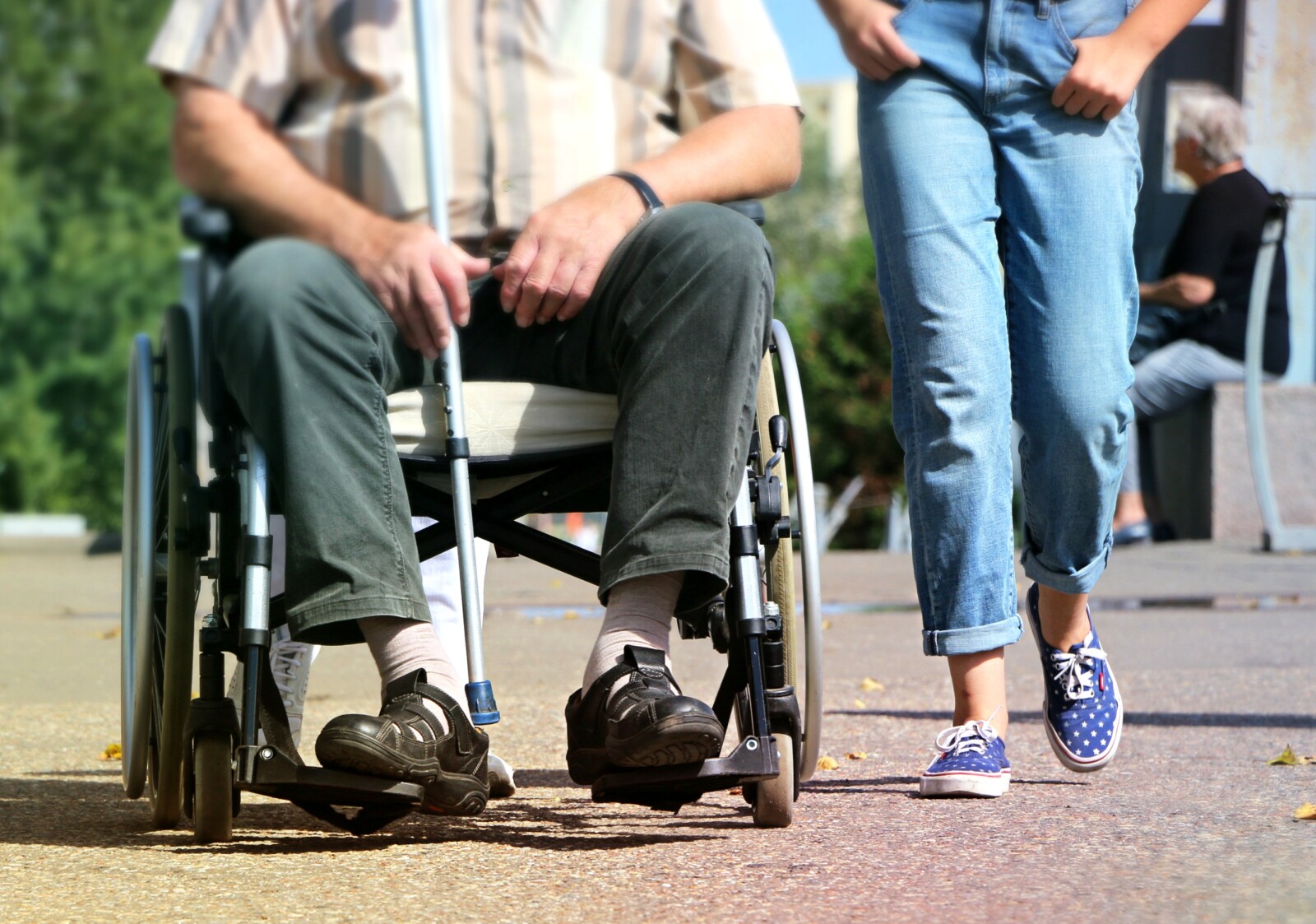Devastating Injuries: The Life-Altering Consequences You Can’t Ignore
Catastrophic injuries, such as burns, spinal cord damage, or traumatic brain injuries, significantly disrupt victims' lives, requiring extensive medical care and potentially leading to legal battles for compensation. This article explores the profound impact of these life-altering injuries, the accidents causing them, the associated medical costs, and the legal considerations for personal injury lawsuits, highlighting the crucial role of legal professionals in securing justice and financial relief for victims.

Key Takeaways
- Catastrophic injuries cause severe and permanent harm, impacting physical, work, and family life.
- Burn injuries, spinal cord injuries, and traumatic brain injuries are common types of severe injuries resulting from catastrophic accidents.
- The effects of catastrophic injuries can include loss of vision and hearing, the need for lifelong accommodations or care, and physical limitations.
- Ongoing medical care for catastrophic injuries can be expensive, and compensation for economic and noneconomic damages may be sought through personal injury lawsuits.
Understanding the Impact of Catastrophic Injuries
In the realm of personal injury law, it's crucial to comprehend the profound impact of catastrophic injuries, which not only inflict severe physical and emotional distress but also introduce substantial financial burdens due to ongoing medical care and loss of earning capacity. The long-term effects of such injuries on mental health and well-being can be profound, often leading to anxiety, depression, and PTSD. Rehabilitation and recovery options for individuals with catastrophic injuries are multifaceted, necessitating an interdisciplinary approach that includes physical therapy, occupational therapy, psychological support, and sometimes surgical intervention. The journey to recovery is often prolonged, requiring not only time and resilience but also substantial financial resources. Understanding these aspects is vital for legal practitioners to effectively advocate for their clients and secure the compensation they deserve.
Common Accidents Resulting in Life-Altering Injuries
Motor vehicle collisions, slip and fall incidents, and workplace accidents are common causes of catastrophic injuries, and these accidents can drastically alter an individual's life by imposing severe physical, emotional, and financial burdens. These incidents often result in injuries like burns, spinal cord damage, and traumatic brain injuries, which have longstanding effects on victims' lives. The physical limitations, need for ongoing medical care, and the potential for cognitive impairment significantly impact the quality of life. Moreover, the emotional toll of catastrophic injuries on victims and their families is profound, leading to mental health issues such as depression and PTSD. Thus, it is essential to understand the gravity of such injuries and provide the necessary support and care to ease the victims' burdens.
The Financial Burden of Severe Injuries: Addressing Medical Costs and Compensation
While catastrophic injuries can lead to immense physical and emotional suffering, it is also crucial to address the heavy financial burden that they impose, as the associated medical costs can be overwhelming and the process of securing adequate compensation often complex. Exploring insurance coverage options for catastrophic injuries is a necessary step towards mitigating this burden. Insurance can provide a financial safety net, covering a portion of medical costs, rehabilitation expenses, and possibly loss of income. The role of rehabilitation and therapy in the recovery process for severe injuries cannot be overstated. These services are integral to regain function, improve quality of life, and facilitate return to work, but their cost can be prohibitive. Therefore, understanding your insurance coverage and seeking legal advice for compensation are essential.
Legal Aspects of Filing a Catastrophic Injury Lawsuit
Understanding the plaintiff's rights and responsibilities is essential when navigating the legal aspects of filing a catastrophic injury lawsuit. Key considerations for catastrophic injury lawsuits include understanding the severity of the injury, the impact on the plaintiff's quality of life, and the financial burden imposed. The plaintiff must establish negligence or fault of another party to succeed in their claim. Steps to take when filing a catastrophic injury claim include seeking immediate medical treatment, documenting the injury and its impact, and engaging an experienced attorney. The attorney can guide the plaintiff through the complex legal process, ensuring their rights are protected and that they seek the maximum compensation available for their life-altering injuries.
Securing Your Future: How Legal Assistance Can Aid Catastrophic Injury Victims
Undeniably, securing the future of catastrophic injury victims often requires legal assistance, and this is not only to navigate the complexities of the law but also to ensure they receive the maximum compensation possible for their suffering and future needs. The importance of seeking immediate legal representation cannot be overstated. This proactive step is vital in exploring the emotional toll of catastrophic injuries, which invariably extend beyond physical pain to include mental distress, anxiety, and PTSD. A skilled attorney understands the lifelong implications of these injuries and can effectively articulate these in a court of law. They can help victims secure compensation for expenses such as long-term medical care, assistive devices, and psychological therapy. Ultimately, immediate legal representation is a crucial step towards securing a stable future for catastrophic injury victims.
Frequently Asked Questions
What Rehabilitation Options Are Available for Victims of Catastrophic Injuries?
Rehabilitation options for victims of catastrophic injuries involve a multidisciplinary approach, including physical, occupational, and speech therapy. The cost of rehabilitation can be substantial, but it's crucial for improving function and quality of life. Innovative therapies, such as neurorehabilitation or biofeedback, offer new possibilities for recovery. The specific rehabilitation plan is tailored to the individual, considering the nature and severity of the injury, their overall health, and personal goals.
How Does a Catastrophic Injury Affect a Victim’s Mental Health in the Long Term?
Catastrophic injuries often lead to significant long-term mental health impacts on victims. The trauma can disrupt psychological resilience, leading to conditions such as anxiety, depression, and post-traumatic stress disorder. However, with appropriate intervention, trauma coping mechanisms can be strengthened. Cognitive-behavioral therapy, for instance, can help victims adapt to their new reality, build resilience, and improve their mental wellbeing. Therefore, it is crucial that mental health support forms a central part of the rehabilitation process for catastrophic injury victims.
Are There Any Specific Safety Measures to Prevent Catastrophic Injuries in High-Risk Activities?
Yes, specific safety measures can significantly reduce the risk of catastrophic injuries in high-risk activities. According to injury statistics, the use of appropriate safety equipment plays a vital role in preventing severe harm. For instance, helmets, protective padding, harnesses, and safety goggles are essential in activities like extreme sports, construction, and motorcycling. Regular safety training, adherence to safety protocols, and maintaining equipment in good condition are also crucial preventive measures.
How Can Family Members Provide Support to a Loved One Who Has Suffered a Catastrophic Injury?
Family members can support a loved one with a catastrophic injury by providing emotional support, assisting with daily tasks, and ensuring they receive necessary medical care. Financial assistance can be crucial in managing the significant costs associated with such injuries. However, it's important to also consider caregiver burnout, so sharing responsibilities among family members and seeking professional help, such as counseling or home care services, can be beneficial for both the patient and caregiver.
What Resources Are Available for Coping With the Emotional Stress of a Catastrophic Injury?
Coping with the emotional stress of a catastrophic injury requires various resources. Professional psychological support is crucial to enhance emotional resilience during the challenging grieving process. Therapy can help manage anxiety, depression, or post-traumatic stress disorder (PTSD). Additionally, support groups provide a platform for sharing experiences and learning coping mechanisms. Lastly, online resources, such as educational materials on injury impact and coping strategies, can be beneficial. These combined resources can facilitate recovery and adaptation.
Conclusion
In conclusion, catastrophic injuries drastically affect individuals' lives, necessitating comprehensive understanding and proper legal guidance. They often result from various accidents, imposing significant financial burdens due to extensive medical costs. Pursuing legal recourse via personal injury lawsuits can offer financial relief. Legal professionals play a crucial role in this process, providing invaluable assistance to secure fair outcomes, thereby highlighting the importance of skilled advocacy in navigating the complexities of catastrophic injury cases.

This post has been generated by AI and was not reviewed by editors. This is Not legal advice. Please consult with an attorney.




